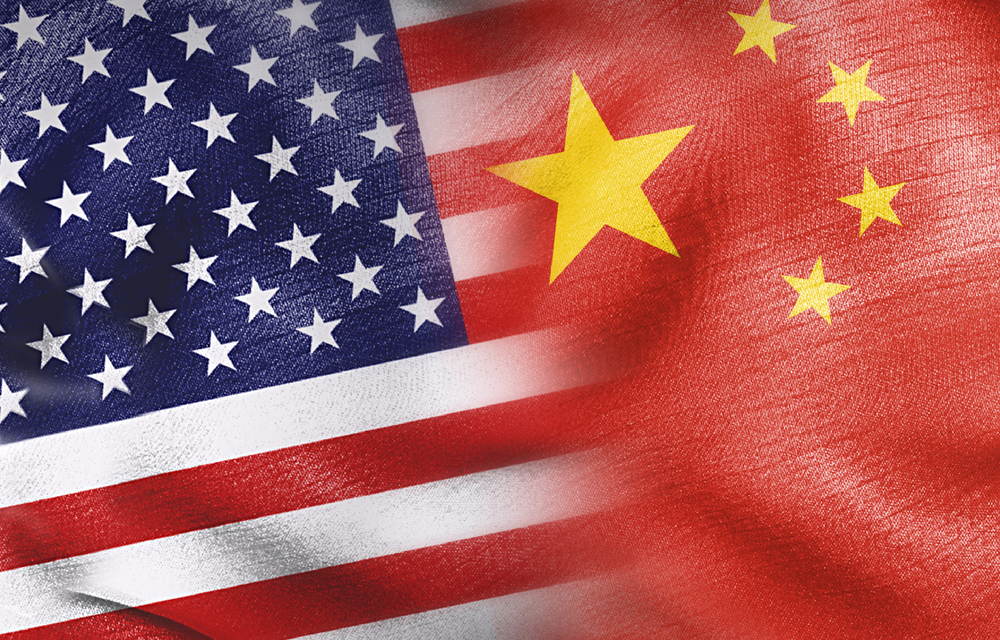Is Encryption Driving Everyone Crazy?
Is the encryption debate driving everyone around the bend? That's the only explanation I can reasonably think of for some strange phenomenon I've seen lately. Case in point is Congresswoman Jackie Speier. Speier is a classic California liberal who represents San Francisco and San Mateo, right in the heart of the Silicon Valley area.
Published by The Lawfare Institute
in Cooperation With

Is the encryption debate driving everyone around the bend? That's the only explanation I can reasonably think of for some strange phenomenon I've seen lately. Case in point is Congresswoman Jackie Speier. Speier is a classic California liberal who represents San Francisco and San Mateo, right in the heart of the Silicon Valley area. Don't take my word for her liberality -- according to the Hill she has a rating of 100 from the ACLU and Planned Parenthood; an F from the Gunowners of America; and a score of 100 from the Friends Committee on National Legislation.
So it has to be extremely puzzling to her constituents (as it is to me) that she (of all people) has introduced a bill to require the presentation of identification whenever you purchase a "burner" phone. Burner phones are, of course, the old-school way of avoiding detection (still in use, according to The Wire, among drug dealers in Baltimore). You use them once and then throw them away -- because they are prepaid and you can buy them with cash they are essentially untraceable communications. The Speier bill would require all purchasers to show ID. It would "place the same identification and record-keeping standards on pre-paid mobile devices as the ones that already exist on traditional contract mobile devices. When customers buy a traditional contract-based phone, they provide basic information such as a name, address, and date of birth, which law enforcement can request with a warrant in order to stop terrorist attacks or other illegal activity."
Now, don't get me wrong -- this is a perfectly sensible proposal. One that I would support, I think. But it also would mean the end to anonymous phone calls of any sort. And I have to imagine that if actually put to a vote, those voting for it would not garner warm and fuzzy support from the ACLU or other privacy-oriented organizations like EFF and EPIC. Perhaps I am projecting and I'm mistaken -- but I have to think that a mandatory ID bill for all pre-paid phone purchases puts Congresswoman Speier's 100 ACLU rating at risk.
So what lies behind the bill? Perhaps it is a true change of heart. Perhaps I've misread the intent entirely (in which case I welcome enlightenment). But, as the headline of this post suggests, perhaps this is a way of saying "see -- encryption isn't so bad; burners are worse." Which would be an odd message that is I think unlikely to persuade.
UPDATE: One reader points out that VOIP will still be around, so the complete demise of anonymous telephony is a bit overstated. Fair enough, though I don't think that detracts from my overall impression of puzzlement.



